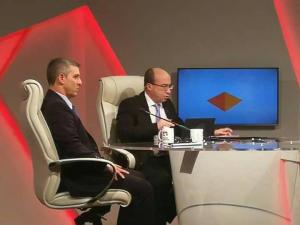
Minister of Communications: The challenge is to create a culture in the use and development of ICT
Telecommunications, one of the most dynamic sectors of Cuban society was the central theme of the Roundtable on Thursday. In dialogue with the Minister of Communications Jorge Luis Perdomo Di-Lella, he learned about the development of infrastructure, the computerization of Cuban society, the digitalization of television and national developments in Infocommunications.
At the beginning of the radio-television program, the head of the sector said that the rapid transformation of information and communication technologies impacts all areas of the country's economic and social life. These transformations are translated in Cuba in the process of computerization of society. “One of our fundamental premises is that this is a state policy. This is reflected in the documents of the VII Congress of the Party and the Guidelines, ”he said.
Five pillars for computerization in Cuba
Di-Lella recalled that the computerization policy of the Greater Antilles is based on four basic pillars: the development of telecommunications infrastructure and services, the development of national content, cybersecurity and the enabling legal framework. "Since the last year we added a fifth pillar referring to the promotion of a culture for the use of technologies."
On the development of telecommunications infrastructure and services, the head of the sector announced that in 2019 more than 62 thousand services were installed in basic telephony, which reached more than 1 million 300 thousand 194 fixed lines in the country.
Meanwhile, 633 new services were installed in public telephony, bringing the total installed in the country to almost 61 thousand.
The minister stressed that last year more than 6 million cell phone subscribers were reached (it grew by almost 650 thousand in 2019). “More than 35% of the 3,364 radiobases in operation were installed in 2019. The population coverage of the cell phone signal was increased to 85% and 4G mobile telephony is present in all the provincial capitals and municipalities of the capital reaching 22% in population coverage, ”he said.
It was also reported that today more than 6.5 million Cubans access the Internet through different access routes.
“In the first year of the Internet service through mobile data, more than 3.4 million users were provisioned, more than 650 thousand of them in 4G. In 2019, the collective Internet access areas grew in 229, reaching more than 1,500 WIFI areas and more than 650 navigation rooms. The country's international connectivity increased its capacity by 30% in the same year, ”he said.
Another cardinal aspect in the computerization process is the connectivity of the institutions. In this regard, he explained that in the past year it grew by 13.5%, reaching more than 48,600 throughout the country.
“We must emphasize that progress was made in the expansion of connectivity in the education, health and tourism sectors. All universities are connected by fiber optics with significant increases in their bandwidths. ”
On the other hand, 288 installations of the Young Club are connected by fiber optic, and the development of the wireless network began, reaching 70 facilities and 15 high places mostly in Havana.
"Equally, connectivity was expanded in the provincial offices of entities such as ONEI, MFP, ONAT, which will facilitate the activity of procedures and services," he said.
Quality, prices and national offers
He insisted that national content should be enhanced so that the population can enjoy better offers through the national package.
One of the nerve points addressed in the Round Table was the reference to the quality of services. On this topic he said that access to mobile data has been very accelerated in the last year and the conditions to improve its quality will continue to be created.
In the case of tariffs, the minister said that the amounts of public telecommunications services will continue to be lowered “as access is expanded, as it is known that there are many places where there is congestion since the infrastructure is not in correspondence With the levels of demand. We know that our people need more affordable rates especially in the price of some packages, as well as the information they handle, ”he warned.
He insisted that national content should be enhanced so that the population can enjoy better offers through the national package.
Digital services platforms.
For example: ToDus exceeded one million users; Apklis had more than 12 million downloads; Picta more than 550 thousand reproductions; Ludox more than 75 thousand downloads; Ecured remains one of the most visited sites in the country.
Short: The story behind Apklis, Picta and toDus (+ Podcast)
Digital Television
Since the beginning of the program in 2013, 133 transmitters have been deployed, of them 115 of standard definition that achieve a population coverage of the signal of 70.5%, and 18 of high definition with a population coverage of 23.3%.
On this issue, Perdomo commented that in 2019 the country did not have the same availability of receivers in the store network due to the economic situation, the lack of financing and the increase in the US blockade. Well, the purchase of parts, their integration into the national industry and production, costs foreign exchange.
“We were growing at a rate of half a million recipients annually and the year that closed we stayed at a figure around 180 thousand. Since the program began, 2.6 million digital television receivers have been commercialized, but we have about 4 million homes, in addition to institutions and schools. ”
The partial transition from analogue television to digital television was made in 5 municipalities of Sancti Spíritus and in the special municipality Isla de la Juventud.
82% of digital television centers (97 of the 118 existing) are connected with optical fiber.
This transition constitutes the beginning of the release of the 700 MHz band, necessary to achieve greater coverage and economic efficiency in the deployment of 4G mobile phone technology.
Also, Perdomo recalled that the country made an investment for subsidized families, in addition to the credit purchase option, which provides payment facilities to other families.
Now we are in the age of the Internet, before it was the radio and television, bad call, Martí. The federal government and agencies such as USAID allocate funds to the online subversion project. There is a group of media called "alternatives" that defend the only alternative that they want the world to have on us. "
1985: Radio Martí
1990: Marti Television
2009: ZunZuneo, also known as the "Cuban Twitter", was a subversive project funded by USAID (International Development Agency of the USA). to massively send mobile phone text messages (SMS), under the guise of an innocent social network.
2013: Piramideo, another subversive project, also using SMS messages, financed in this case by the Office of Transmissions to Cuba (OCB) that manages Radio y Televisión Martí.
2017: Trump creates the “Internet Task Force for Cuba” to promote an alleged “free flow of information” → Issues his report in June 2019.
On the other hand, the blockade affects the development of the sector, both infrastructure and services.
The acquisition of equipment and supplies containing components of American origin is difficult. Not only is it prohibited to do so to US companies, but those of other countries that do so are prosecuted and penalized.
Access to computer tools and websites essential for training and the production of applications and content is blocked.
Obtaining financing is difficult and financial operations become more expensive as the US dollar cannot be used.
The economic damages caused to the MINCOM system during the period from April 2018 to March 2019, are estimated at USD 55.5 million.
On the fundamental challenges facing the communications sector, the Minister of Mincom mentioned that infrastructure must continue to be created amid a scenario that is increasingly hostile.
“If I could say only one important challenge, then it would be to create culture in use and development of information technologies. Companies have a duty to create services and the population, use them for economic, cultural, spiritual growth. ”





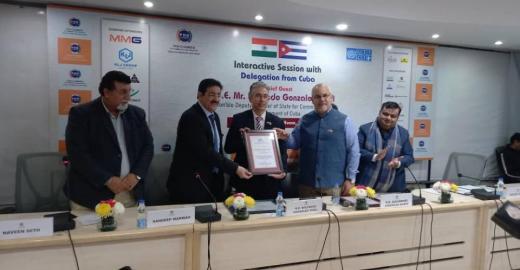

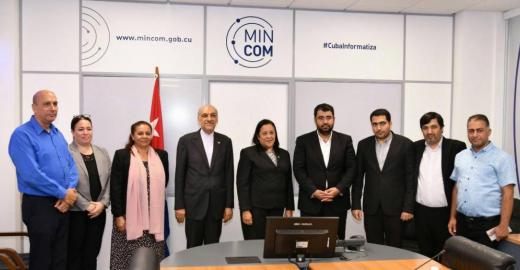



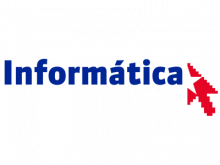

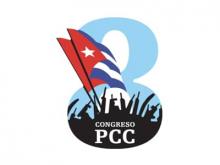
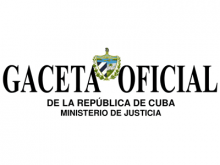
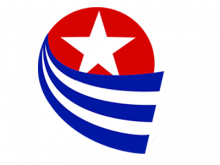
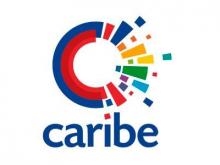
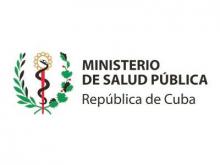

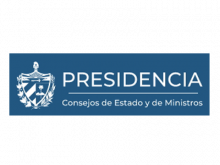

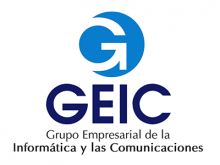
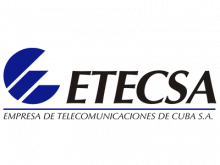
Publicar nuevo comentario